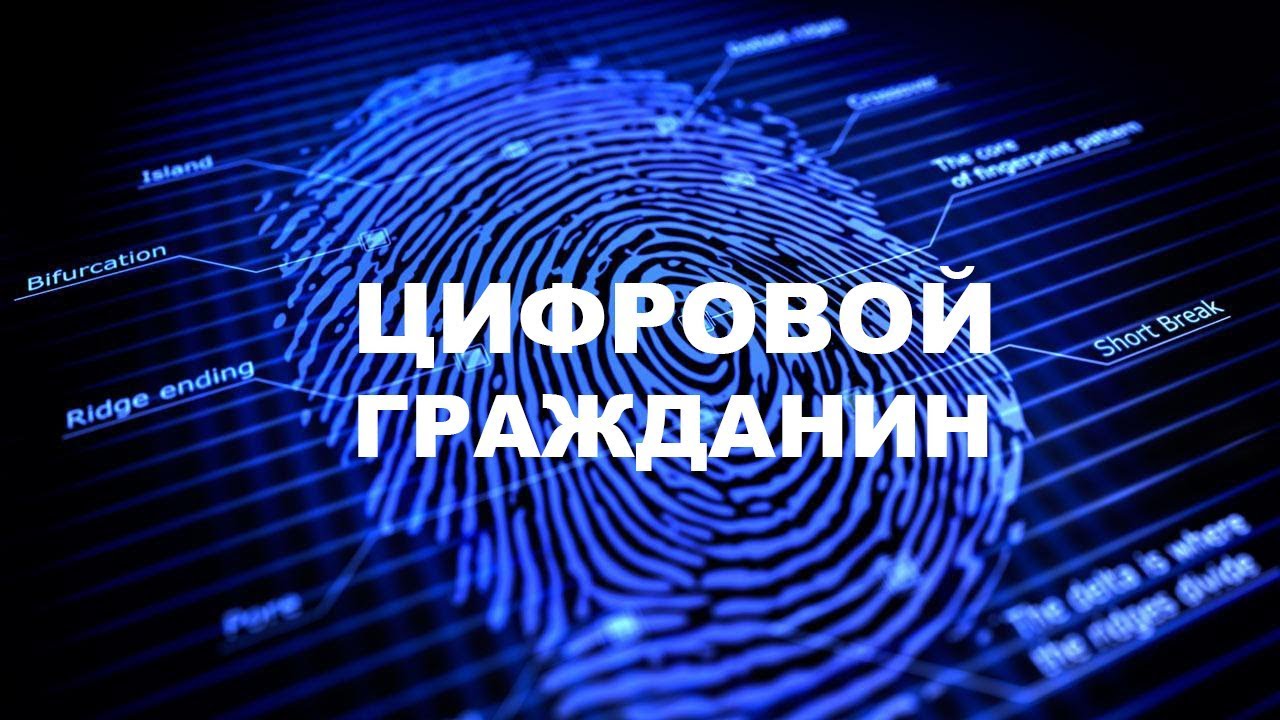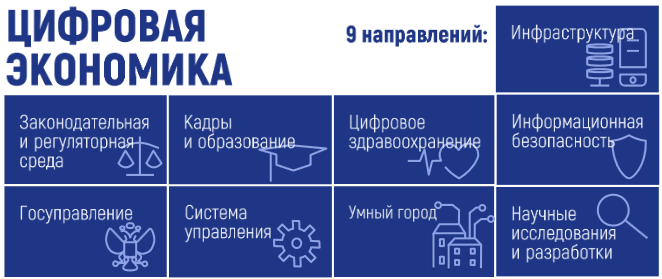The prototype of the citizen’s digital profile platform will be launched in Russia by the end of 2019

The other day, the Ministry of Communications and Mass Media announced the early approval of the concept of a citizen’s digital profile platform prepared by the Central Bank and Rostelecom. Its cost is estimated at 3 billion rubles. private investment, as reported by Kommersant. According to the developers, the data from the system will be used, including on a commercial basis, by banks and other structures.
The project is called “Digital Profile”. The position on the concept of the Ministry of Communications must submit until December 19. Digital profile infrastructure is being developed as part of the national project “Digital Economy”.
The main developer of the platform is Rostelecom; more than 3 billion rubles are needed for the project implementation. These will be extrabudgetary funds that are planned to be raised until 2021.
')
The goal of the project is to enable the citizens of the country to manage their data. So, they can be transferred on request or withdraw. In addition, one of the tasks is to “ensure convenient, transparent and secure data exchange between citizens, government and business”. The Unified Identification and Authentication System (ESIA) is considered as the basis for identification in the digital profile. The press service of the Central Bank, talking about these projects, added that "the right to oblivion will give citizens the opportunity to control and restrict access to their data."
The main elements of the platform are a register of digital identifiers, an identification system, a register of digital consent to data processing, and an interface for accessing data. The architecture will contain a database of digital citizens ’files, combining all legally relevant information about them. In addition, within the framework of a digital profile, a citizen will be able to provide and revoke digital consent to data processing, as well as to prohibit the transfer of a certain type of data and realize the so-called “right to oblivion”.
The system will be managed by the Ministry of Communications and a certain “authorized body in the field of biometric identification”. Currently, Rostelecom is responsible for collecting, processing and storing biometric data. The interface will be developed on the terms of a public-private partnership or on the basis of a commercial organization. In the future, this platform will be used to exchange data, as mentioned above, it is also possible in terms of commercial exchanges.
According to the plan, a prototype digital profile will be developed by the end of March 2019, it will be put into commercial operation in December 2019. The prototype is planned to be implemented on the basis of filling out a questionnaire for scoring a citizen of a bank loan through a digital profile.
The idea now has a lot of supporters and opponents. The latter believe that the collection of a huge amount of information about citizens is a direct way to the violation of the personal freedom of people; this can negatively affect the state of social relations. A digital profile in perspective can be used not only for scoring, but also for imposing services.
“It is impossible to fully foresee what data should be banned for transmission. For example, if a ban on disclosing a diagnosis is introduced, for example, visiting a specialist may be disclosed and used to provide commercial services to pharmaceutical companies, ”said Ilya Massuh, President of the Information Democracy Foundation.
Currently, Facebook and Google are criticized for centralizing data collected about users. A project of this kind, implemented by state forces, will cause a negative attitude among human rights activists and ordinary citizens. If commercial organizations have access to such data, then disputable situations will inevitably arise. True, if everything is implemented correctly, then the platform will make it possible to minimize discrepancies and duplication of data by various government systems.

In September of this year , information appeared on the cost of the Digital Economy program. It will cost 3.5 trillion rubles. And this will be the budget money, not the funds of investors. Now found about 820 billion, these funds are provided for the informatization of government agencies. In other words, the money will be used for organizing workplaces for ministries and departments, providing them with communications, developing national IT systems and supporting government information systems (GIS).
Source: https://habr.com/ru/post/432862/
All Articles